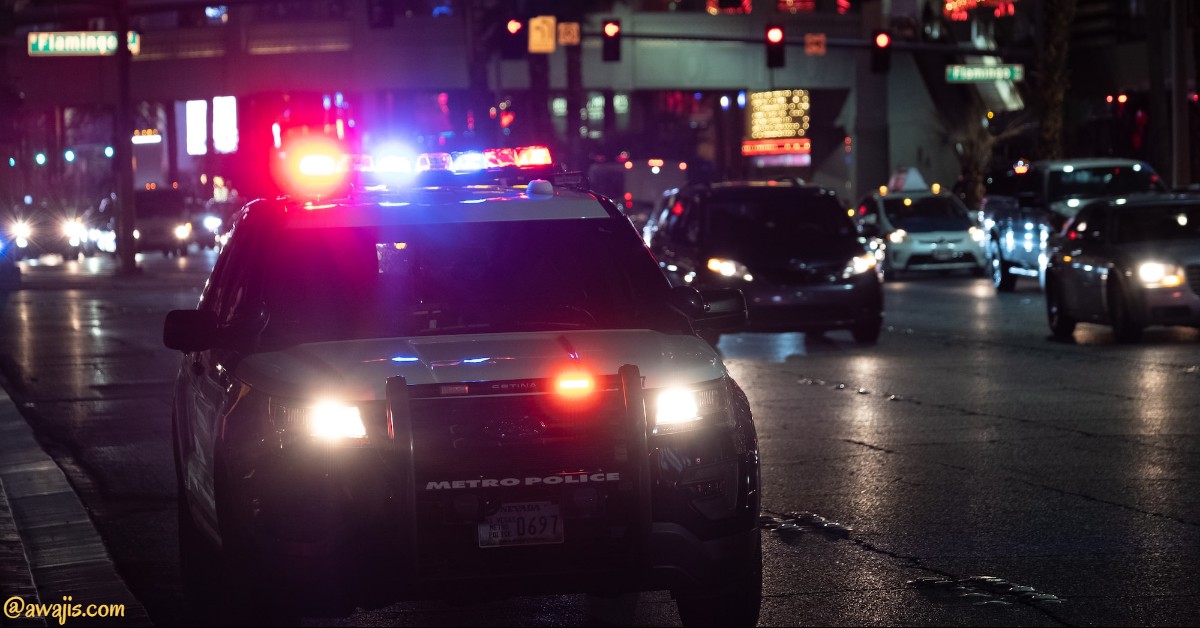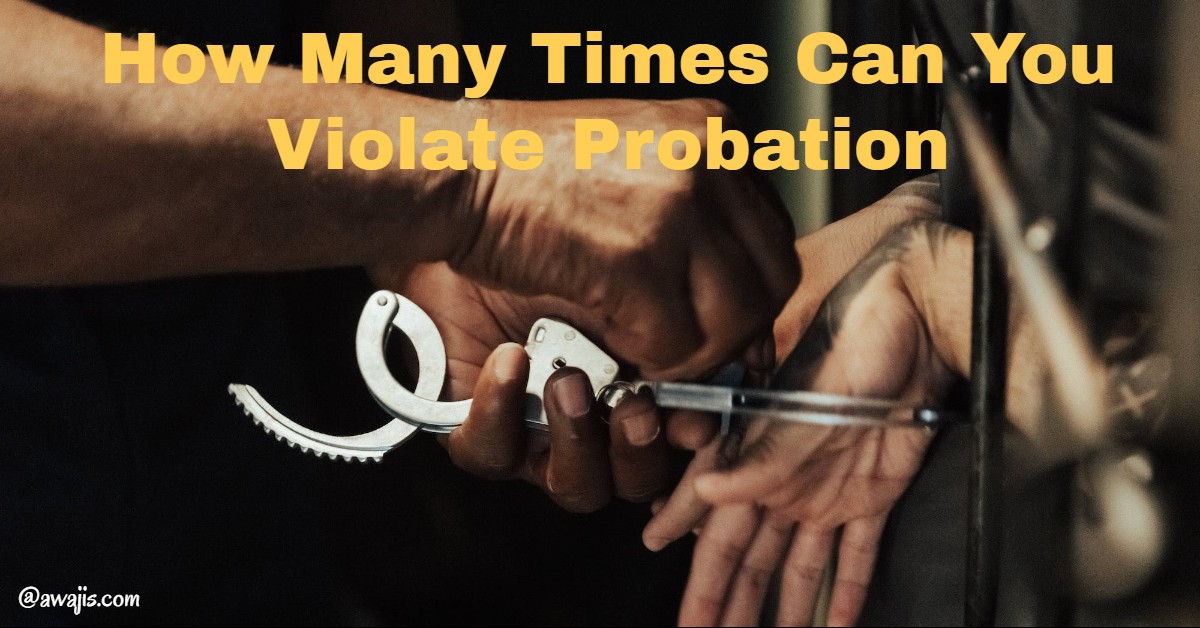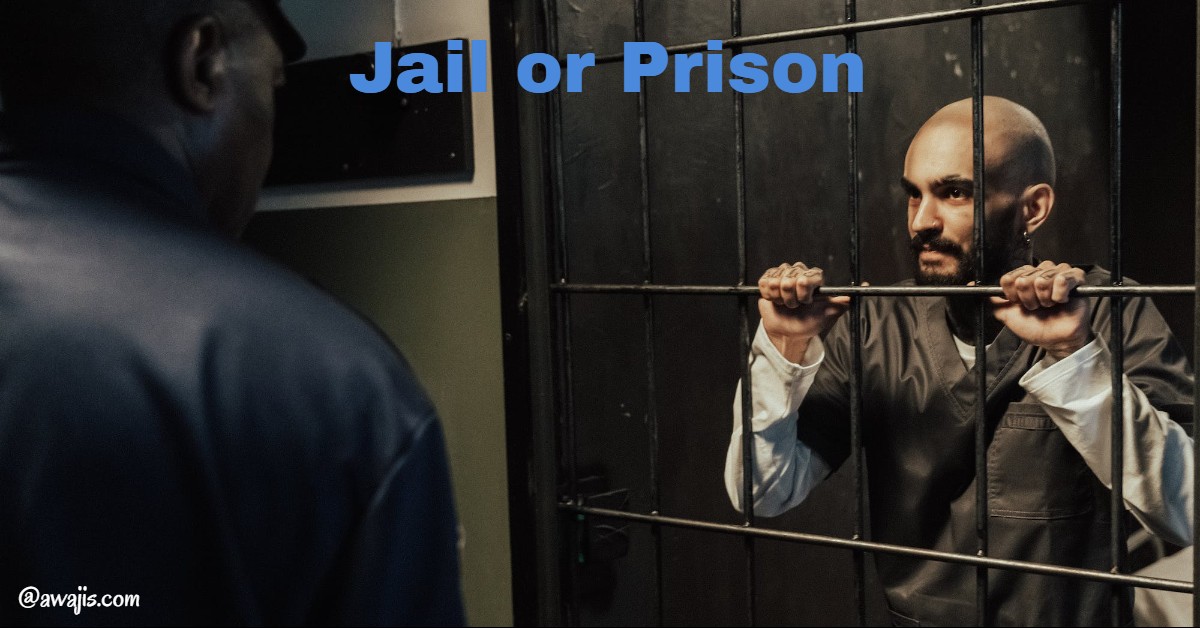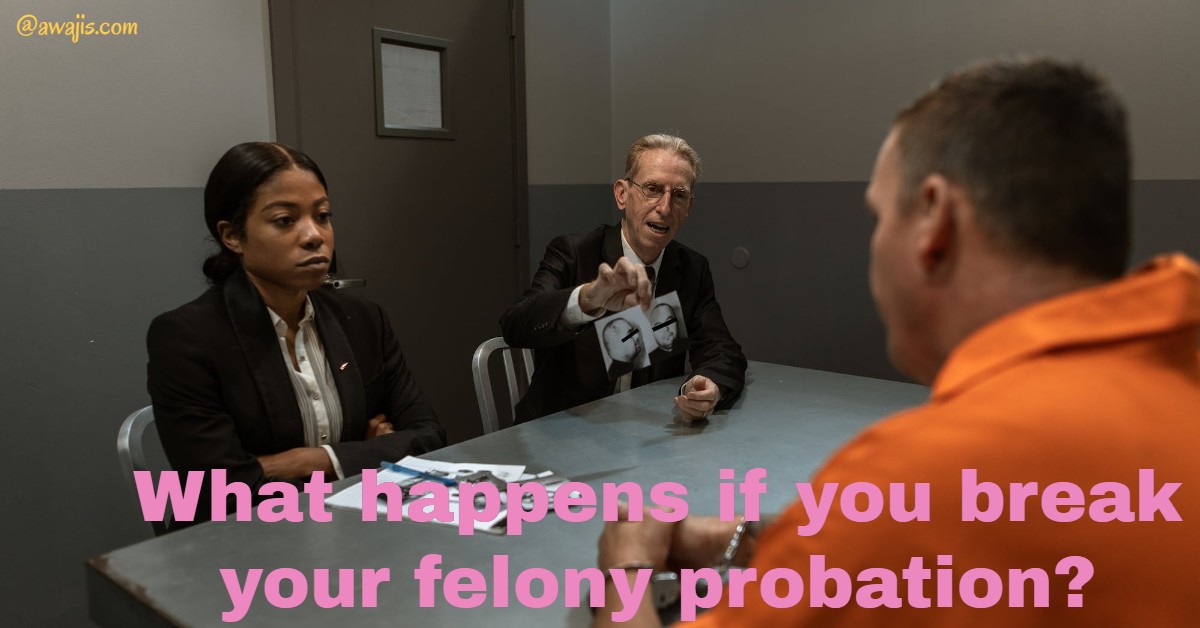How Many Times Can You Violate Probation
Wondering how many times can you violate probation? Anyone on probation or considering getting one should be aware that stepping out of line could result in serious consequences, including incarceration.

Due to the intensity of the consequences, it is crucial to be well-informed and stay on the right side of the law by knowing how many times you can violate probation and what offenses carry the least or most severe punishment. Read on for all the information you’ll need on the subject!
Before we go any further, let’s first discuss what probation is and the potential consequences that breaking the terms of your probation may have for you and the people in your immediate environment.
What is Probation
Probation is one of the options for custodial sentencing available to courts. A person convicted of a crime is sentenced to community service in addition to additional limitations rather than serving a prison term. Probation comes with strings attached.
An individual on probation is subject to close monitoring and must refrain from committing any new crimes, breaking the terms of their probation, or facing serious consequences, including possible incarceration.
Types of Probation Violations
Two sorts of probation violations might result in sanctions for the probationer. They are as follows:
-
Technical Violation
An infraction of probation’s terms constitutes a technical violation. For instance, if a probationer fails a drug test despite being prohibited from using or possessing such substances, this would be a probation violation. A technical infraction has been committed here.
-
Substantive Violation
If a probationer violates the terms of his or her release, he or she will serve both the jail time associated with the original conviction that led to probation and the new sentence imposed for the breach.
A probationer caught for theft is a good example. The probation violation means the initial prison sentence for the offense for which the offender was on probation applies in addition to the stealing penalty.
Conditions of Probation
The terms of probation include rules and regulations that the probationer must agree to obey. If the probationer breaks any of these rules, the probation will be canceled, and he or she will have to serve jail time.
The following are typical probation requirements:
- Respect the law,
- As requested, report to your probation officer.
- Notify us of any address changes.
- Possession or usage of illegal substances or weapons is prohibited.
- Court fees, fines, and restitution must be paid.
- Be working, enrolled in school, or pursuing a vocation.
If the court thinks it is necessary for the safety of the public or to help the probationer get better, it can add other rules to the probationer’s sentence. These are some examples:
- Travel constraints
- Submit GPS ankle monitor data
- Attend and complete anger management and other court-ordered classes.
- Perform all community service
- Installation of Ignition Interlock Devices in Vehicles (DUI convictions)
- Apply to a search condition (Searches without warrant and probable cause)
- Submit to regular drug and alcohol testing.
Now let’s see how many times you can violate probation before jailing or penalized.
How Many Times Can You Violate Probation

Even a single breach of probation can result in severe penalties; the severity, however, is determined by the severity of the violation. Low-level probation infractions, such as failing a substance test, violating curfew, and neglecting to report to your probation officer, among others, rarely result in prison time, but the repercussions can include:
- Even more stringent restrictions,
- Extra community service hours,
- After several days in county jail,
- House arrest, as well as other appropriate punishments
For medium to high-level breaches, breaching probation once is enough to land you in jail. Medium-level breaches include violating house arrest and committing a third low-level probation violation.
Some people are put on probation in the hopes that they won’t have to go to jail or will be able to get back into society after they’ve done their time. Most people on probation have to follow a long list of rules, or they will go back to jail.
Common Types of Probation Violations
The following are some of the most typical probation violations:
- Failure to appear in court
- Not attending a probation officer meeting
- curfew violation
- Failure to pass drug testing
Some probationers may commit more serious offenses, such as committing another felony while on probation or interacting with convicted felons or other forbidden individuals.
Punishment for violating probation
As the list above shows, some breaches are as easy as mismarking an upcoming court date on a calendar. Will this be enough to re-incarcerate someone?
There are four possible outcomes:
-
Leniency
When evaluating the specifics of your probation breach, the court may decide to be lenient. In some cases, this may be the case if your infraction is minor. If this occurs, your current probation terms will remain unchanged, and you will face no further penalties.
-
Adjustment of probation conditions
In the event of a violation of probation, the judge has the discretion to either dismiss the case or impose harsher conditions. More frequent drug testing, house arrest, curfew, extended probation, and increased community service are all examples of possible stricter conditions.
-
Probation Extension
The judge may add time to the probation term. For example, adding six months to a two-year probation period.
-
Jail or Prison

In cases of more severe violations, the judge may decide to revoke probation and reinstate the probationer’s original prison sentence. An alternative could be to have the probationer serve time in a county jail and then resume their probationary period upon their release.
Your personal history and the type of probation violation you commit will ultimately determine whether a judge returns you to custody.
Can you violate probation and not go to jail?
Yes, a probation violation may not result in jail time, especially for minor, first-time offenses. The decision, however, rests with the judge. The judge may be lenient, grant you a second opportunity, impose tighter limitations, or revoke your probation and sentence you to prison.
What happens when you violate probation for the second time?
If you violate your probation a second, third, or even more times, you could lose your probation and go to jail.
What happens if you break your felony probation?

Depending on the seriousness of the offense, a judge may allow you to continue on felony probation without further action, impose further restrictions, or revoke probation entirely, sending you to jail to complete your term.
Conclusion.
We learned that even a first-time probation breach might have catastrophic consequences. Minor infractions may warrant leniency or tougher probation terms.
Therefore, probationers should take extreme care not to break their probation terms, as doing so could result in the revocation of their probation and the reinstatement of the original jail sentence, among other sanctions.
Related:
Motorcycle No Chase Law States
When can navigation rules be overlooked?
What can be used against you in a divorce?